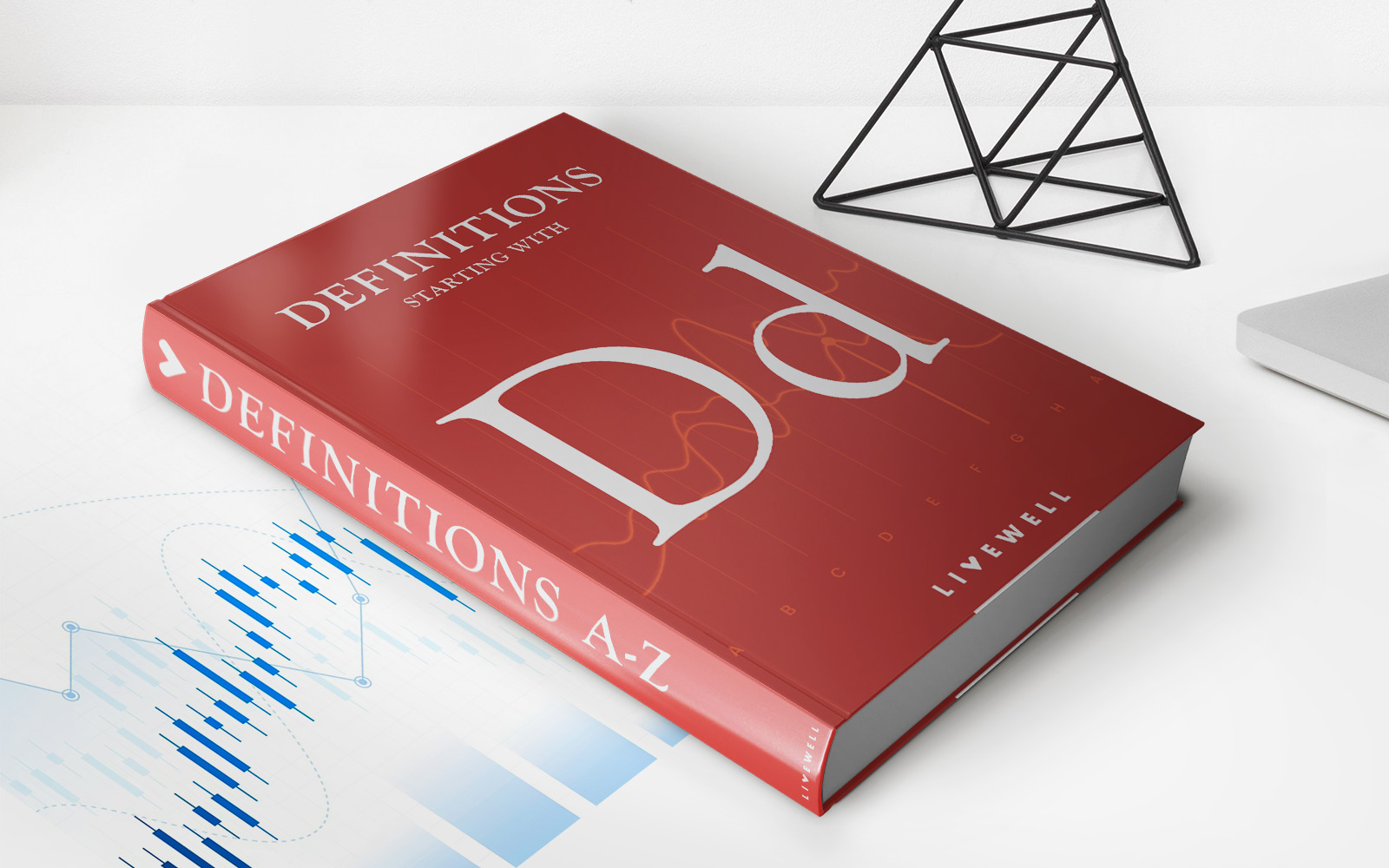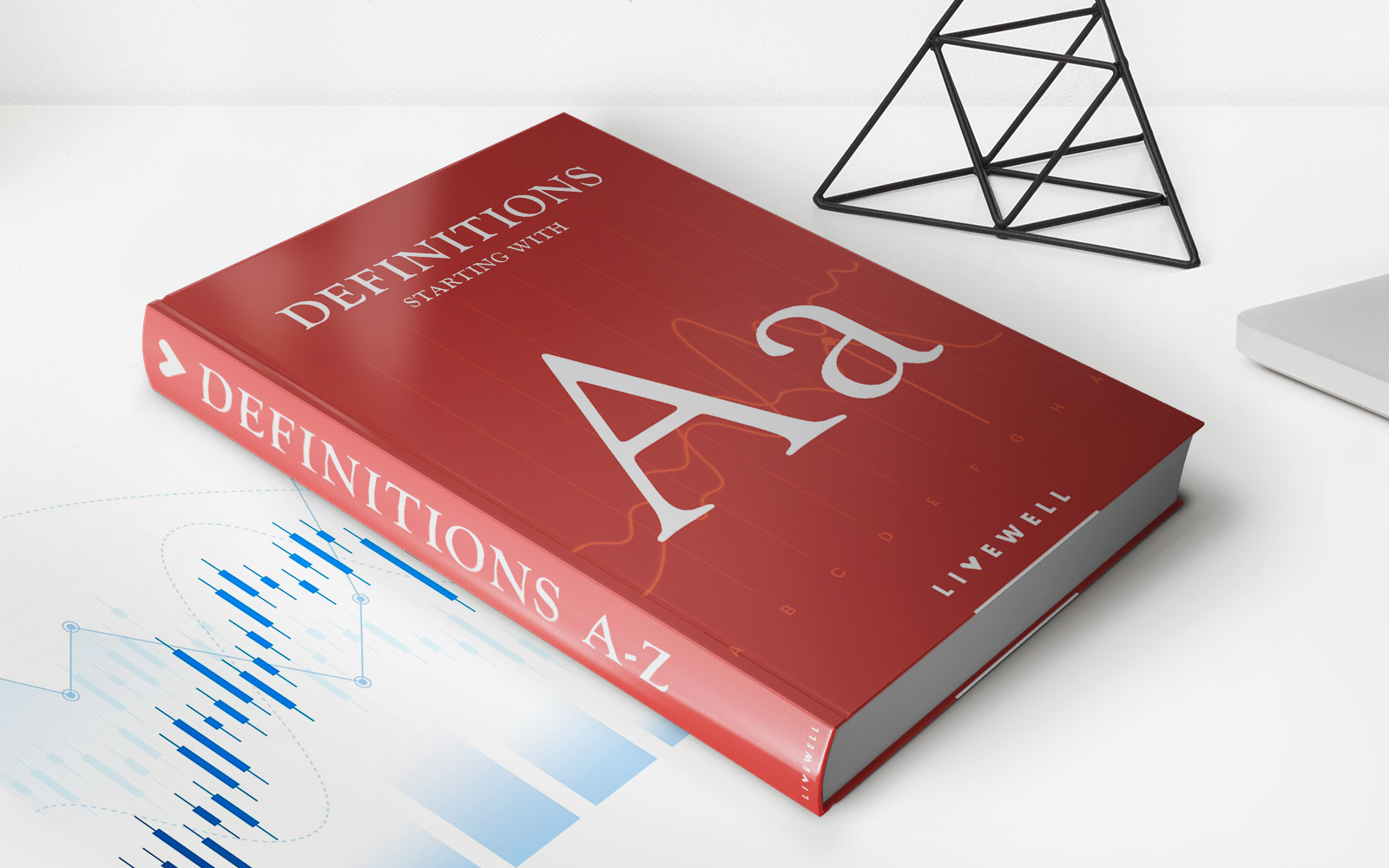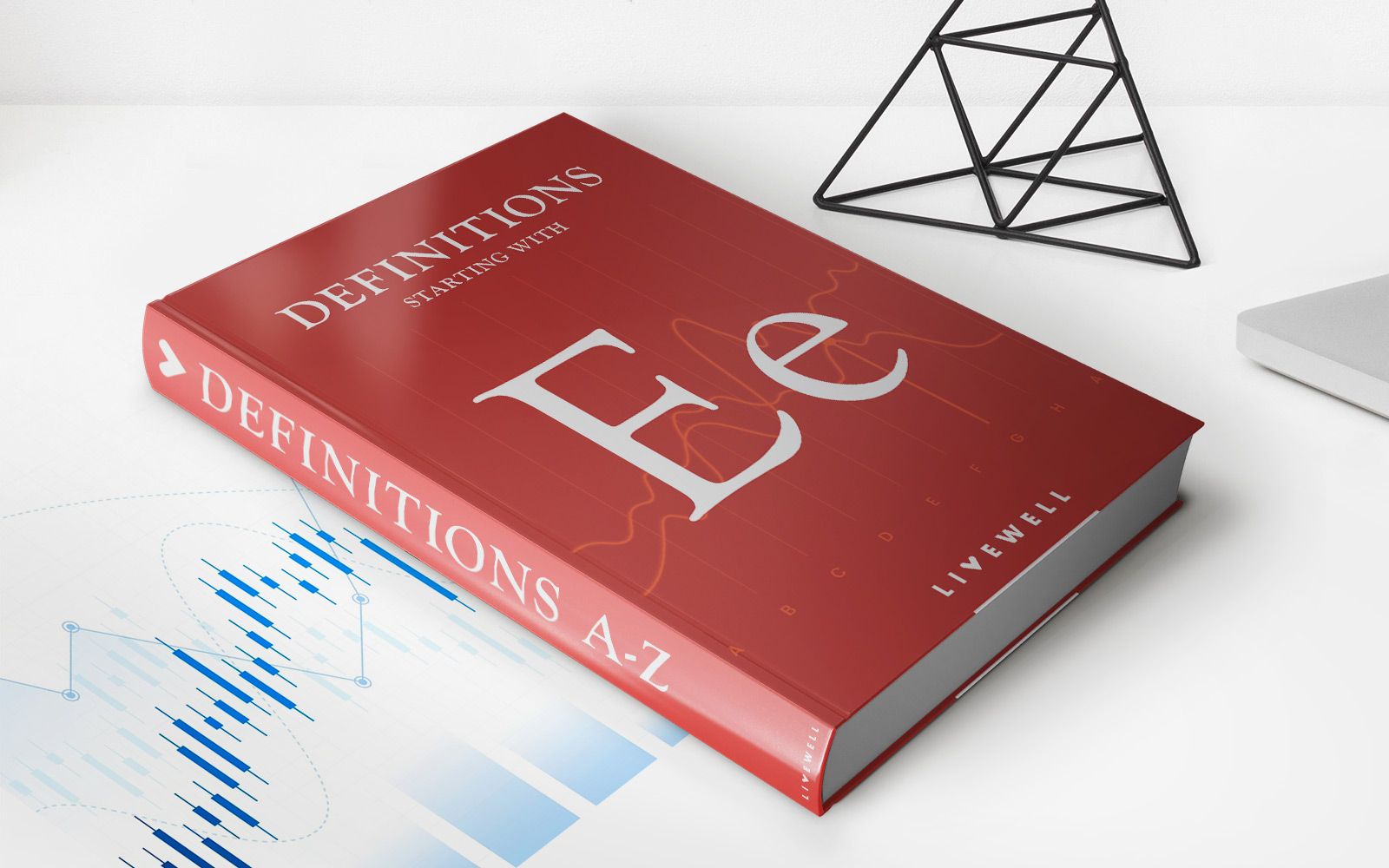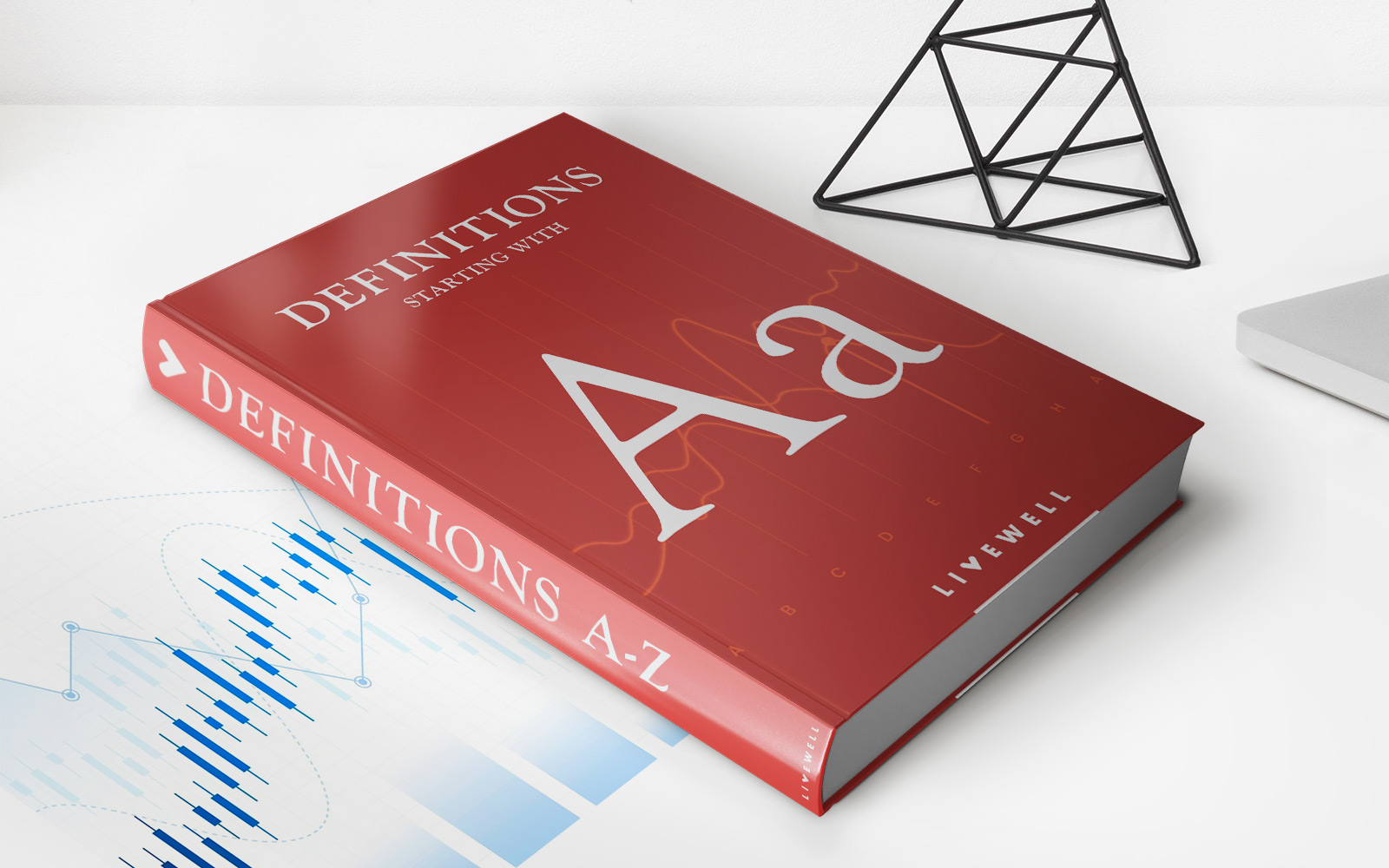

Finance
Group Depreciation Definition
Published: December 2, 2023
Learn what group depreciation means in the world of finance and how it impacts businesses. Find out how this method can help companies better manage their assets and maximize their tax benefits.
(Many of the links in this article redirect to a specific reviewed product. Your purchase of these products through affiliate links helps to generate commission for LiveWell, at no extra cost. Learn more)
Understanding Group Depreciation: An Essential Guide for Finance Enthusiasts
If you’re a finance enthusiast or someone interested in understanding complex financial concepts, then you’ve come to the right place. In this blog post, we’ll dive into the world of group depreciation and provide you with a comprehensive guide to help you grasp this crucial aspect of financial management.
Key Takeaways:
- Group depreciation is a method used to account for the depreciation of assets that are similar in nature and have similar useful lives.
- This method allows businesses to streamline their financial reporting processes and reduce the administrative burden of tracking individual asset depreciation.
What is Group Depreciation?
Group depreciation is a technique used in finance to account for the depreciation of assets that share similar characteristics or have the same useful lives. Rather than calculating depreciation for each individual asset separately, group depreciation allows businesses to save time and resources by aggregating the depreciation of similar assets.
Now, you might be wondering, why do businesses choose to use group depreciation instead of calculating the depreciation of each individual asset? The answer lies in efficiency and simplicity. Grouping assets together not only reduces the administrative burden of tracking and calculating individual asset depreciation, but it also streamlines the financial reporting process.
How Does Group Depreciation Work?
To better understand how group depreciation works, let’s take an example. Imagine a company that owns a fleet of delivery vehicles. These vehicles are similar in nature and have similar expected useful lives. Instead of tracking the depreciation of each vehicle separately, the company can group them together and calculate the depreciation of the entire fleet as a whole.
Here’s a step-by-step breakdown of how group depreciation works:
- Identify a group of assets that have similar characteristics or useful lives.
- Determine the total cost of the assets in the group.
- Estimate the residual value of the group at the end of its useful life.
- Calculate the total depreciation expense for the group by subtracting the estimated residual value from the total cost.
- Allocate the total depreciation expense to each asset in the group based on a predetermined allocation percentage, such as the assets’ relative cost or usage.
Advantages of Group Depreciation
Group depreciation offers several advantages for businesses, including:
- Simplicity: By grouping assets together, businesses can simplify their financial reporting processes and reduce the administrative burden of tracking individual asset depreciation.
- Efficiency: Calculating the depreciation of a group of assets instead of individual assets saves time and resources.
- Consistency: Group depreciation ensures consistent treatment of assets with similar characteristics, providing more accurate financial statements.
- Flexibility: Businesses can adjust the allocation percentages within the group based on changing circumstances or other relevant factors.
Conclusion
Group depreciation is a valuable tool for businesses to simplify their financial reporting processes and streamline asset depreciation calculations. By grouping assets with similar characteristics or useful lives together, businesses can save time, resources, and improve the accuracy of their financial statements.
By understanding the concept of group depreciation, finance enthusiasts can gain insights into the intricacies of financial management and make informed decisions for their organizations. So, the next time you come across the term “group depreciation,” you’ll know exactly what it means and how it can benefit your business.














